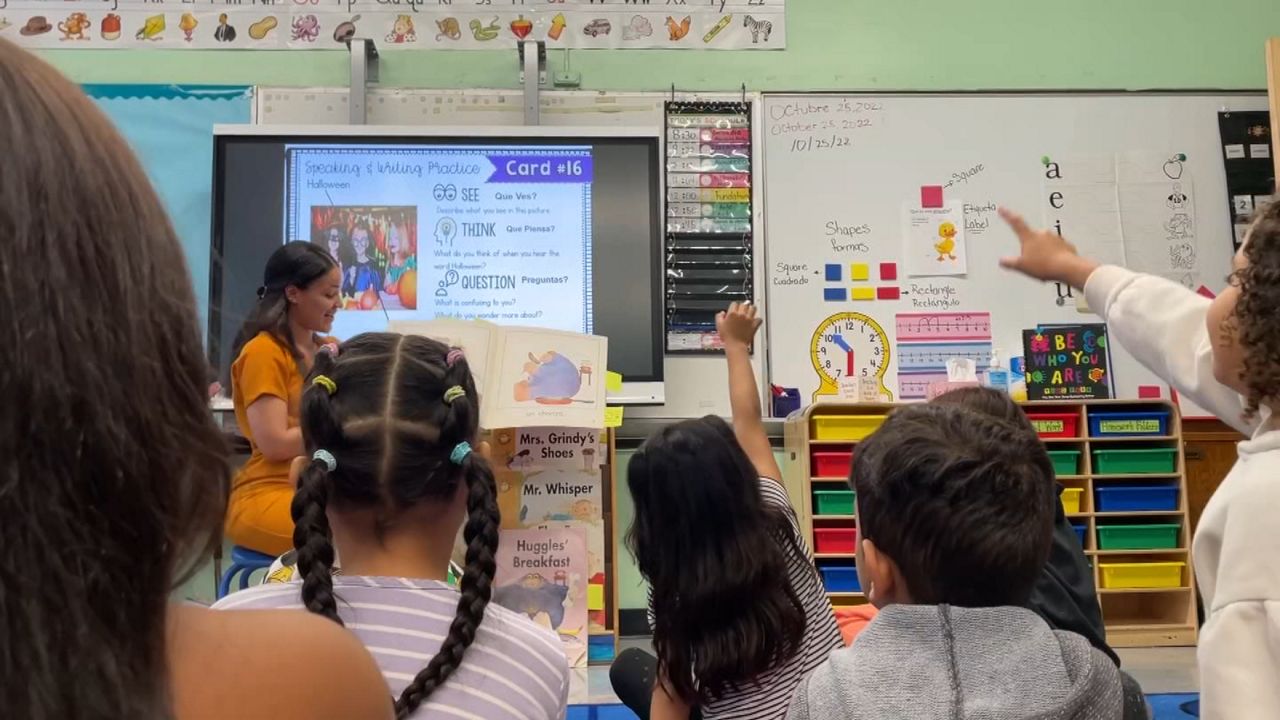President Donald Trump has promised mass deportations and has abandoned policies that limited U.S. Immigration and Customs Enforcement actions at sensitive locations like schools.
Advocates and school communities say that’s already having a chilling effect on school attendance for recently arrived students.
Students who recently arrived in the country already face challenges getting to school. They often live in shelters, with parents juggling court appointments, and until recently, they were being forced to move shelters every 60 days.
Now, the fear they or their parents could be swept up in ICE enforcement actions is making matters worse.
“It was already somewhat chaotic. But now on top of that, we have this layer of just, essentially, terror. Parents are really scared,” Naveed Hasan, a member of the Panel for Educational Policy (PEP), told NY1.
School principals, who declined to appear on camera, told NY1 they had seen attendance among migrant students drop in recent days after the Trump's inauguration and a high-profile ICE action in the Bronx.
Assemblyman Landon Dais lives blocks away from where that raid happened.
“What we are seeing is population dips in some of our schools, public and charter and parochial. And we’ve got to make sure that we are not creating a chilling effect on kids who aren't creating — they're not committing crimes. They're not doing anything wrong,” Dais said.
The city’s policy is to not allow ICE or any other non-local law enforcement agency into a school building without a signed judicial warrant. Schools are to contact the DOE’s legal team to parse any documents they’re presented.
The city has held trainings for school staff and families about these policies. But Hasan, who authored a resolution reiterating the school system’s promise to protect students regardless of immigration status, which passed unanimously last month, said the fear persists.
Parents worry they and their children could be stopped on the way to school, or that, while a child is in school, a parent could be detained — leaving them separated.
“We can't control what happens on the streets. And that's an issue where there could be authorities walking around. And that, that is the main source of concern right now,” Hasan said.
It’s been enough to have revived talk of remote learning among parents and educators as an option for these students.
“It's unclear how that would work. I'm not happy about it. But I guess the education of the kids is still the most important thing. And if that's what we need to move the discussion forward to something more productive, well, we'll talk about it at the upcoming PEP meeting,” Hasan said.
He said he hoped the resolution, which was translated into all the DOE’s languages, would help put some parents’ minds at ease.
“Families can read it in their own language and have some level of comfort in that, that the Department of Education will not be cooperating with federal or any non local law enforcement authorities absent there being a warrant signed by a judge,” Hasan said.
Rita Rodriguez-Engberg, who leads the Immigrant Students Rights Project at Advocates for Children, says they’ve not seen any incidents of ICE attempting to enter schools but they have seen the chilling effect.
“We also heard from the New York City Public Schools that attendance did go down a little bit the week of the inauguration, and last week as well. And that aligns with what we're seeing with the types of questions that we're getting from our clients,” she said.
The education department criticized comparisons of attendance data week over week, which were made at a hearing of the state Legislature Tuesday. The department instead pointed to data showing January’s attendance is down just 1.5% compared to the January prior.
But Trump did not take office until 20 days into the month.




_DNT_ICE_Attendance?wid=320&hei=180&$wide-bg$)

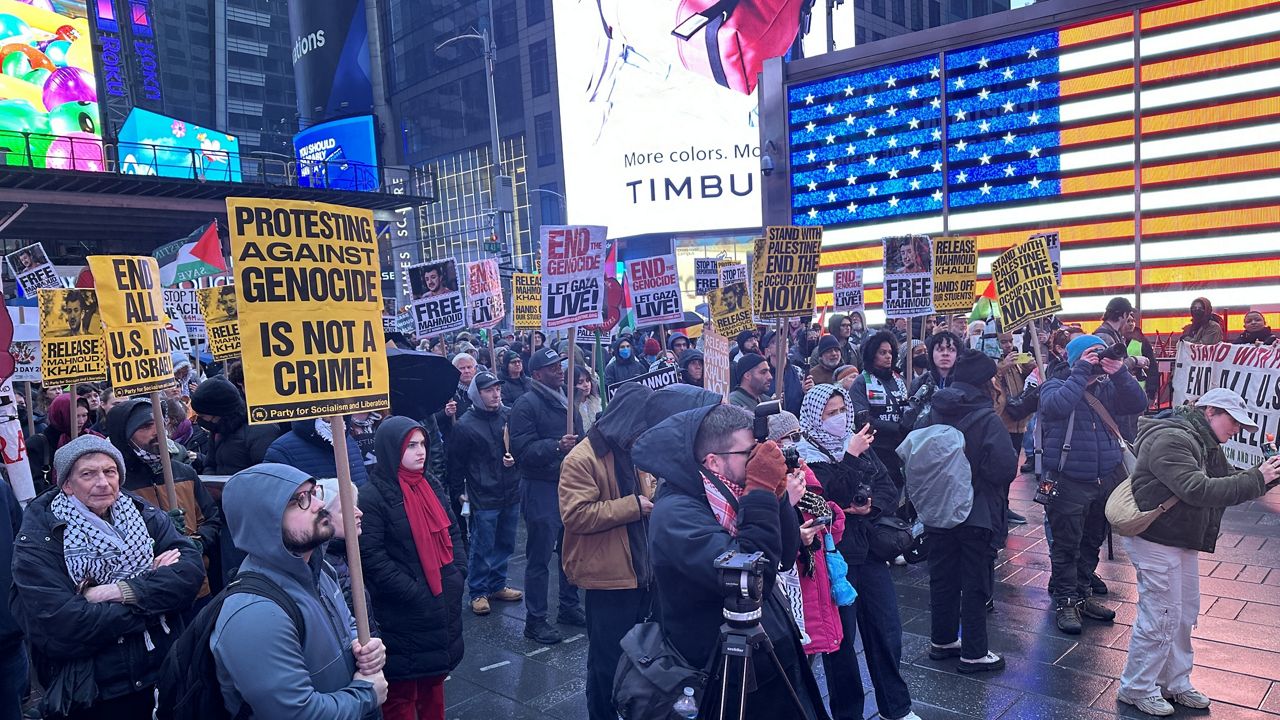
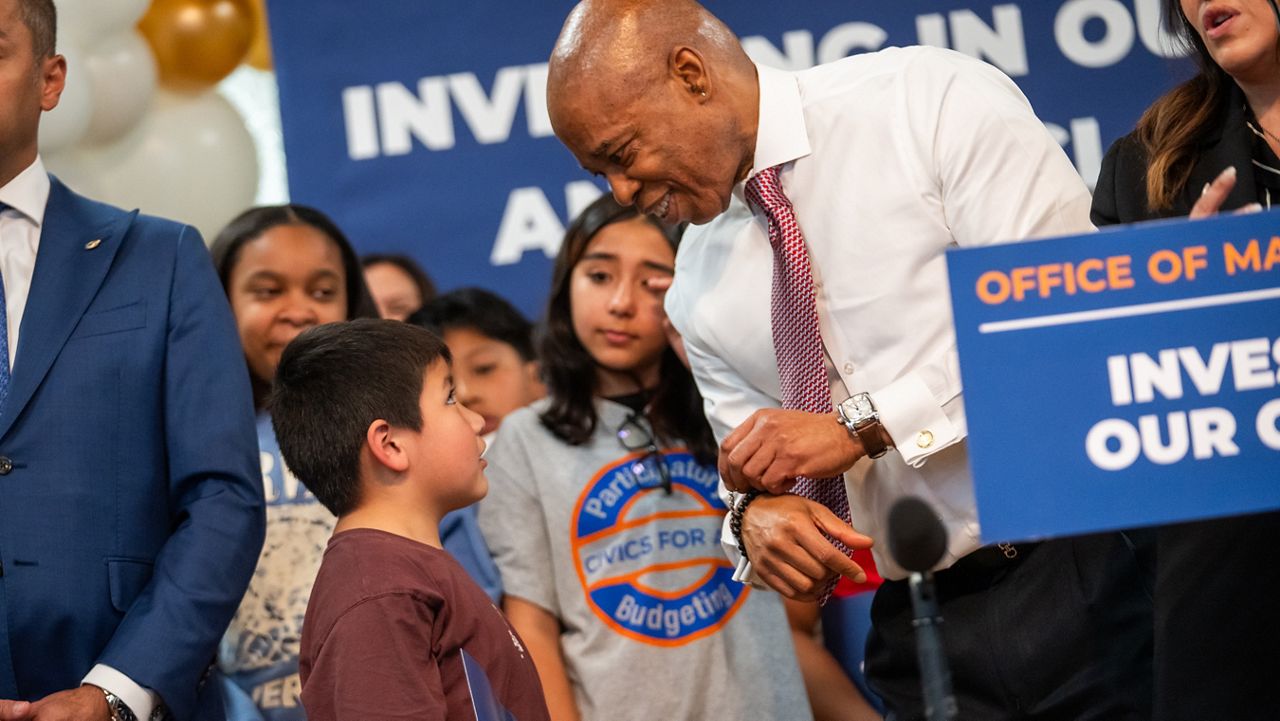
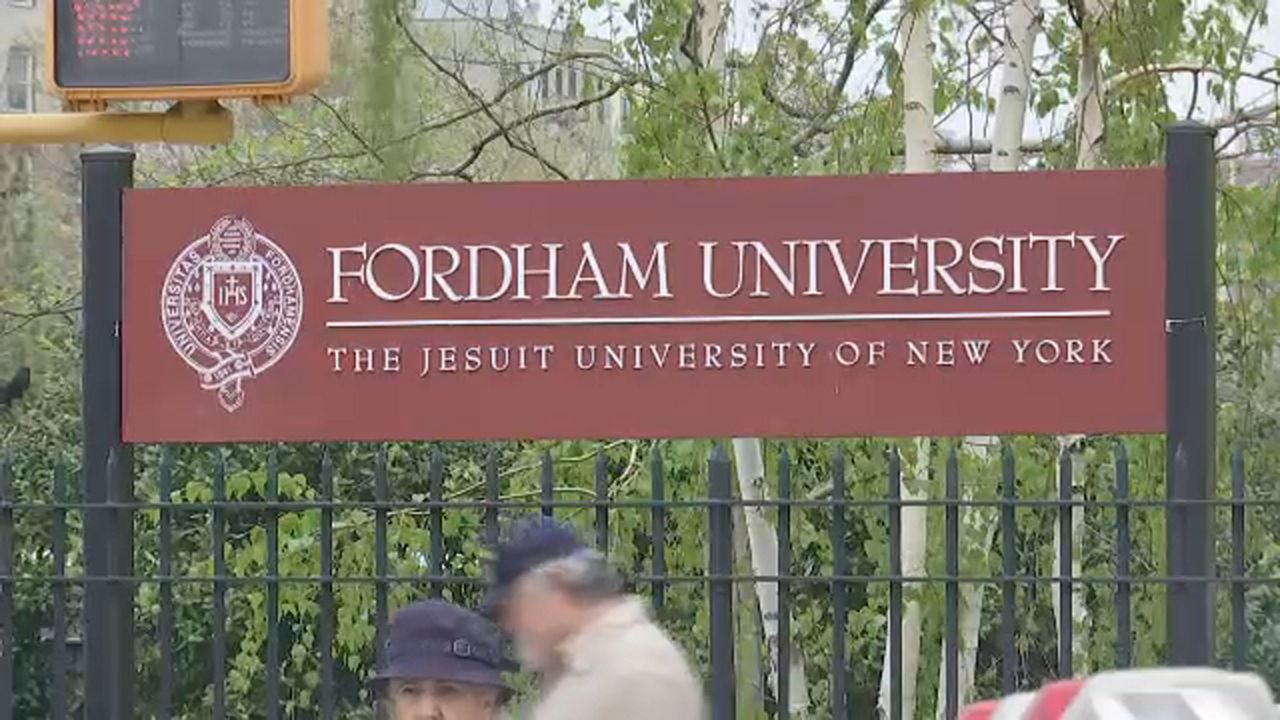
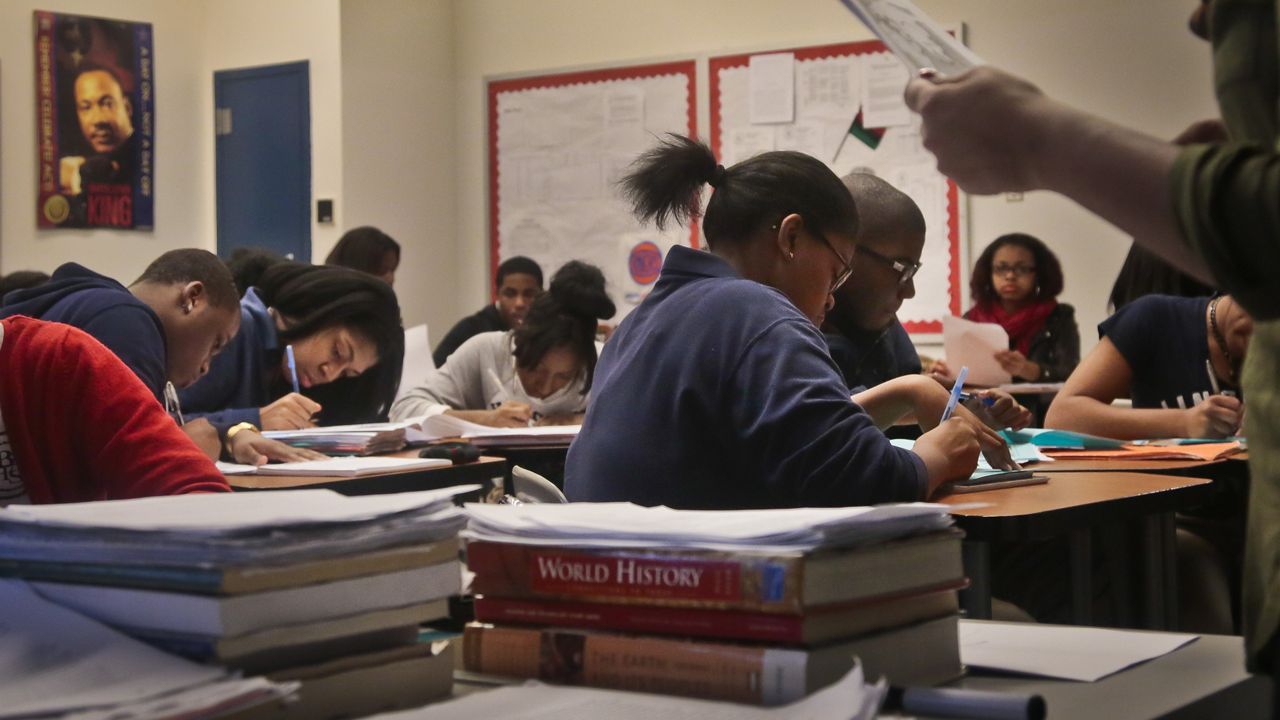
_CGPK_Mn_Columbia_Students_Chained_CG)
